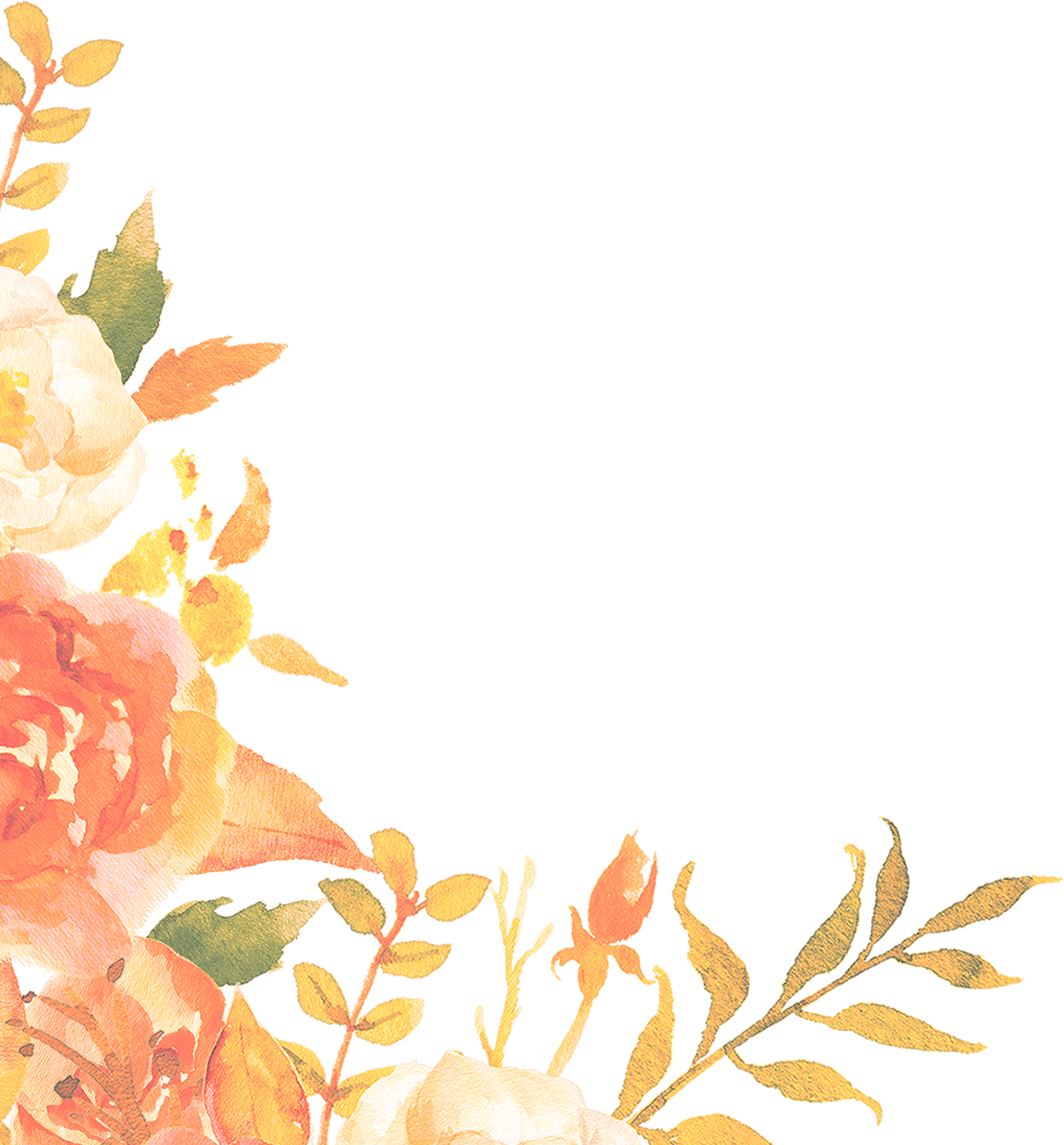



I am not artistic and at first thought it was a little weird – however, I can now understand the benefits and believe we all need to stop and smell the roses, so to speak.
-PAST CLIENT
As human beings we have freedom. This may not always be obvious as we are also living lives filled with obligations and a long list of necessary, unavoidable, repetitive and sometimes tedious tasks. Nevertheless, we often have a choice and we frequently have to make decisions. Today I want to build on my previous discussion on how our choices tend to be based on guesses of how they will affect us in the future. There are ways in which positive psychology can assist us to choose happiness. Nothing can guarantee happiness, of course. I also don’t buy the line that it is a birth right. To me it is a gifted grace. Nevertheless, there is much we can do to invite it into our lives. And luckily, as I hope you have seen by topics covered so far, we can prioritise it without becoming selfish hedonists.
As pointed out last week, in making choices it is important to try to see the big picture. As Ed Diener and Robert Biswas-Diener have stressed, whenever our focus is limited, we are likely to overlook a variety of aspects and potential outcomes of a choice. According to Diener and Biswas-Diener, we also cannot take other people’s experiences as a guide to predict how a choice will affect us.1 The exhilarating feeling of a sky dive, the bliss of a lover licking one’s toes, the adventure of trekking in Antarctica – these may rock our friend Jackie’s boat, but they do not necessarily translate to us. “There is no substitute for personal experience,” Diener and Biswas-Diener advise. They recommend that before we make a big decision, we should try to get a real experience of a new job, person to date, volunteering position, or town stay wherever possible.2
Another aspect that makes choices challenging is that we often have conflicting needs, which we are not confident in prioritising. One of the cornerstones of understanding human necessity is Abraham Maslow’s Hierarchy of Needs. The gist of this hierarchy is that our physiological needs need to be met before we look to satisfy our safety needs. Once we feel safe we seek to satisfy our next higher needs of love and belonging, which, if met, allows us to pursue our need for esteem, and so on. In studying this pyramid try to relate to it and recognise how you prioritise your own needs accordingly.
A number of years ago I used this Hierarchy of Needs to make a very difficult decision. I had come to Perth to start a new job, which had been very difficult to win. Except that the job wouldn’t start! The employer dawdled and seemed to think that I could just wait around whilst they organised themselves. Instead, I ran out of money fast. By the time I was three weeks unemployed and two thousand dollars in debt, I simply went out and applied for another “interim” job. I was offered one with an immediate start, and I didn’t mind it. Five weeks later, I had a phone call from my “proper” job that I was to start on Monday. What to do? I went and looked at my “proper” job, considered the work space, colleagues, and location. And then I decided based on the Hierarchy of Needs: The “proper” job entailed less hours and significantly less pay, which meant I would have had to find additional work. However, I would have enjoyed the work and the industry more. All of my friends advised me to take the “proper” job. I didn’t. I decided that at the bottom of my needs were food and safety, which my “interim” job filled very comfortably; meaningful work comes above it. It was one of my best decisions ever.
Another, perhaps surprising consideration is that having more choices does not lead to greater satisfaction and happiness. In fact, Diener and Biswas-Diener write, extensive choice can lower happiness. There are two types of people in terms of making decisions: 1. Satisficers; individuals who have a bottom line for what is good enough and acceptable for them; and 2. Maximisers; people who try to achieve the very best outcome whenever they make decisions.3
Maximisers are forever chasing the best job, doctor, pay check, car, kitchen appliance, school for their kids, phone, or office machine. They research at length, evaluate by comparing features, and spend considerable time making sure they choose the best. This seems the intelligent thing to do, right? Yes; in terms of the fact that maximisers tend to get better outcomes. Does this make them happier though? No! It turns out that maximisers frequently don’t end up feeling truly satisfied. They tend to second-guess their choices and are less happy with their achievements. Studies have shown that maximisers are also less optimistic, have less self-esteem and life satisfaction, and have more regrets and depression than satisficers. Satisficers tend to evaluate an item, person or situation by its/their own merit. They ask: can this machine/institution/person do the job? Can it/they meet my needs? They select products, relationships and outcomes on the basis that they are good enough for them. And according to Diener and Biswas-Diener, using such personal assessment is a better road to happiness. 4 (As a hard boiled perfectionist, I found this piece of research quite a revelation!)
So how do we prioritise our emotional wellbeing? By taking on board everything positive psychology has to offer. By choosing to find ways to enjoy life, filling it with positive relationships, meaning and purpose. By endeavouring to live a life that reflects our values and strengths, and wherever possible, the best of who we are. By taking every opportunity to experience positive emotions – because negative emotions are part of life and we have to take them in our stride. By being kind and doing small things that positively contribute to the world. By having dreams and pursuing goals close to our hearts. By pursuing activities that put us in the moment. By adopting good habits, such as exercise, prayer, meditation, eating well and sleeping enough. By actively remembering the good moments in our lives and deciding to accept our pain. By counting our blessings, particularly the ones we take for granted. By forgiving ourselves and others. By deciding to cope when hardship or misfortune befalls us. By being grateful; for people and good fortune; and if possible, for our mistakes and difficulties, too, because they make us stronger. By loving those close to us with the biggest heart we can muster. By letting go of the idea that we can live a perfect life – just living life as best as we can is enough. As Robert Holden puts it:
A happy person is not a person in a certain set of circumstances, but rather a person with a certain set of attitudes.5
© Natalie Lydia Barker 2017
Notes
No Comments